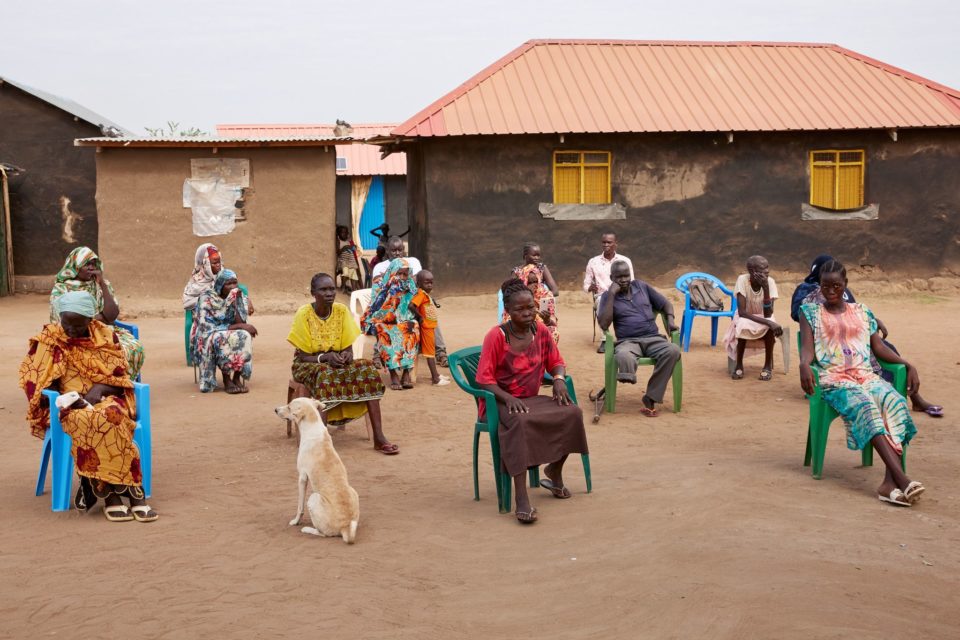DAKAR, Senegal — South Sudan, a nation of 11 million, has more vice presidents (five) than ventilators (four). The Central African Republic has three ventilators for its five million people. In Liberia, which is similar in size, there are six working machines — and one of them sits behind the gates of the United States Embassy.
In all, fewer than 2,000 working ventilators have to serve hundreds of millions of people in public hospitals across 41 African countries, the World Health Organization says, compared with more than 170,000 in the United States.
Ten countries in Africa have none at all.
Glaring disparities like these are just part of the reason people across Africa are steeling themselves for the coronavirus, fearful of outbreaks that could be catastrophic in countries with struggling health systems.
The gaps are so entrenched that many experts are worried about chronic shortages of much more basic supplies needed to slow the spread of the disease and treat the sick on the continent — things like masks, oxygen and, even more fundamentally, soap and water.
Clean running water and soap are in such short supply that only 15 percent of sub-Saharan Africans had access to basic hand-washing facilities in 2015, according to the United Nations. In Liberia, it is even worse — 97 percent of homes did not have clean water and soap in 2017, the U.N. says.
“The things that people need are simple things,” said Kalipso Chalkidou, the director of global health policy at the Center for Global Development, a research group. “Not high-tech things.”
Though limited testing means it is impossible to know the true scale of infections on the continent, several African countries report growing outbreaks. A snapshot of the situation on Friday showed that Guinea’s cases were doubling every six days; Ghana’s, every nine. South Africa had more than 2,600 cases; Cameroon, nearly 1,000.
Of course, there are big disparities among Africa’s 55 countries, too. Ventilators are much more plentiful in South Africa, which has a big economy and a relatively strong health infrastructure, than in Burkina Faso, one of the earliest West African countries to be hit by the coronavirus. At last count, it had 11 ventilators for 20 million people.
And not all African countries want it known how few ventilators they have. For some, this information could have “a lot of political implications,” including criticism of their management of health systems, according to Benjamin Djoudalbaye, head of health diplomacy and communication for the Africa Centers for Disease Control and Prevention.


The Africa C.D.C. has been trying to amass data on how many ventilators and intensive care units each country has, so it can model what needs will arise if there is an explosion of cases. But even collecting the data is not easily “attainable and extremely expensive,” Mr. Djoudalbaye said.
The World Health Organization said last week that there were fewer than 5,000 intensive care beds across 43 of Africa’s 55 countries — amounting to about five beds per million people, compared with about 4,000 beds per million in Europe. But the numbers in Africa are so unclear — the data is a scattershot representation of the continent — that there is no way of knowing for sure, Mr. Djoudalbaye says.
Across Africa, there have been efforts to get ventilators. Ecowas, the union of West African countries, is trying to get hold of them to distribute to its member states. On April 1, Nigeria’s finance ministry appealed to Elon Musk on Twitter — before deleting its message — admitting that Africa’s most populous nation needed support and asking for at least 100. Jack Ma, the Chinese billionaire, says he is donating 500 to the continent.


Liberia has ordered another 20, according to Eugene Nagbe, the minister of information. But global demand is so high, he said, that vendors are the ones calling the shots, and it is difficult to compete with more powerful nations.


